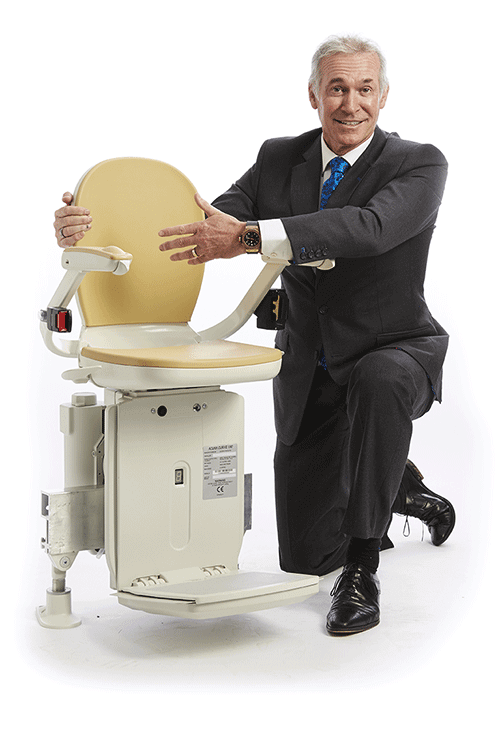
Preserving a sense of balance is imperative in life. Anything you do can be balanced, whether it's how you eat or how much time you spend performing errands. Similarly, the balance and security you depend on to stay safe at home are crucial. Maintaining or enhancing your stability will help you from stumbling and getting hurt. When you get older, various conditions like arthritis, eye disorders, and balance issues can affect balance. On the other hand, regular physical balance routines will help improve anything from academic performance to improved quality of life.
Daily balancing exercises like a BEEP (balance-enhancing exercise program), yoga, or tai chi can help with static and dynamic balance. While our bodies evolve as we age due to weakened body systems, we must do all we can to sustain and increase our strength to stay in good health. Here are some critical stability exercises:
Side Step: Perform a shuffling movement while standing. To make the task a little more complicated, try placing a few objects in your path to step over.
Walking: Taking small steps to make sure you are staying physically healthy can positively affect your balance. Walking can help you build stamina and works many parts of your body, including your abdominal area.
Balance on One Leg: Take time working on your actual balance with this balance exercise. Slowly lift one foot off the floor, hold the pose for 30 seconds, hold on to a chair or wall for additional support.
Step to The Side: In a shuffling movement, step side to side across the room add objects in your pathway for more of a challenge.
Changing the risks of fall hazards is a big reason to want to work on your balance. Additionally, there are few more reasons it could be beneficial to you.
- Balance could improve your quality of life. In a study ( Halvarsson, 2018), after three months of participating in a balance-related program, some participants saw a pretty significant reduction in the chances of developing depression related to the fear of falling.
- Cognitive performance can also be improved thanks to balance work. In a collection of research (Dunsky, 2019), working on coordination can positively affect navigation, memory, and self-mapping. After only a few weeks of training their balance, researchers saw participants significantly impacting cognitive performance.
Cautions
Do be cautious of making too many changes too fast. Improvements do not happen overnight. They take time and work, so take all the time you need.
Use a chair or walls when working on your balance, just as an extra precaution to keep you extra safe.
Talk to your doctor before starting any new exercise. Clear things first with a doctor, so you both are on the same page and create a plan together.
Extra Stability
Don't be afraid to make helpful additions to your home when you need them. Home aids can change your quality of life and ability to stay safe while at home. Additional handles in high-slip areas could, as well as adding mats underneath your rugs, can make considerable differences in the safety of your home. If stairs have become a real problem and you have become fearful of stair-related injuries, it may be an excellent time to consider getting a stairlift. A stairlift can have a drastic effect on how you view mobility in your home. If you think of the stairs as a balancing act and feel unsteady, Acorn Stairlifts has many exceptional solutions to restore balance to your life.
Changing the way, you look at balance and incorporating it into your home can boost so much in your life. Stay mobile, safe, and healthy with these helpful balance tips.
Sources:
Dunsky A (2019) The Effect of Balance and Coordination Exercises on Quality of Life in Older Adults: A Mini-Review. Front. Aging Neurosci. 11:318. where doi: 10.3389/fnagi.2019.00318
Hafström, A., Malmström, E. M., Terdèn, J., Fransson, P. A., & Magnusson, M. (2016). Improved Balance Confidence and Stability for Elderly After 6 Weeks of a Multimodal Self-Administered Balance-Enhancing Exercise Program: A Randomized Single Arm Crossover Study. Gerontology & geriatric medicine, 2, 2333721416644149. https://doi.org/10.1177/2333721416644149
Halvarsson, A., Olsson, E., Farén, E., Pettersson, A., and Stahle, A. (2011). Effects of new, individually adjusted, progressive balance group training for elderly people with fear of falling and tend to fall: a randomized controlled trial. Clin. Rehabil. 25, 1021–1031. doi: 10.1177/0269215511411937

